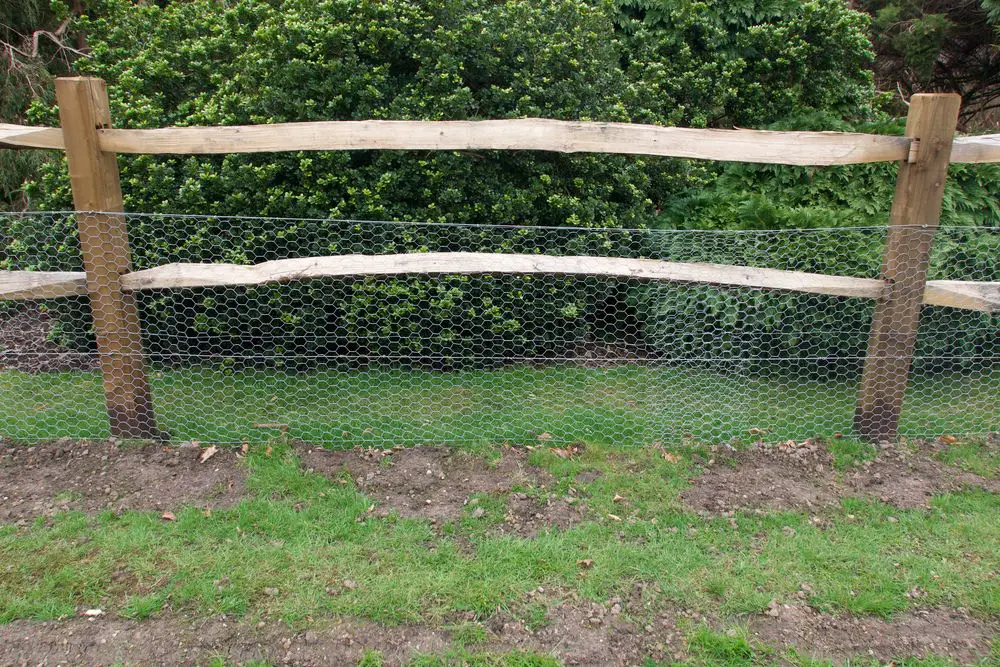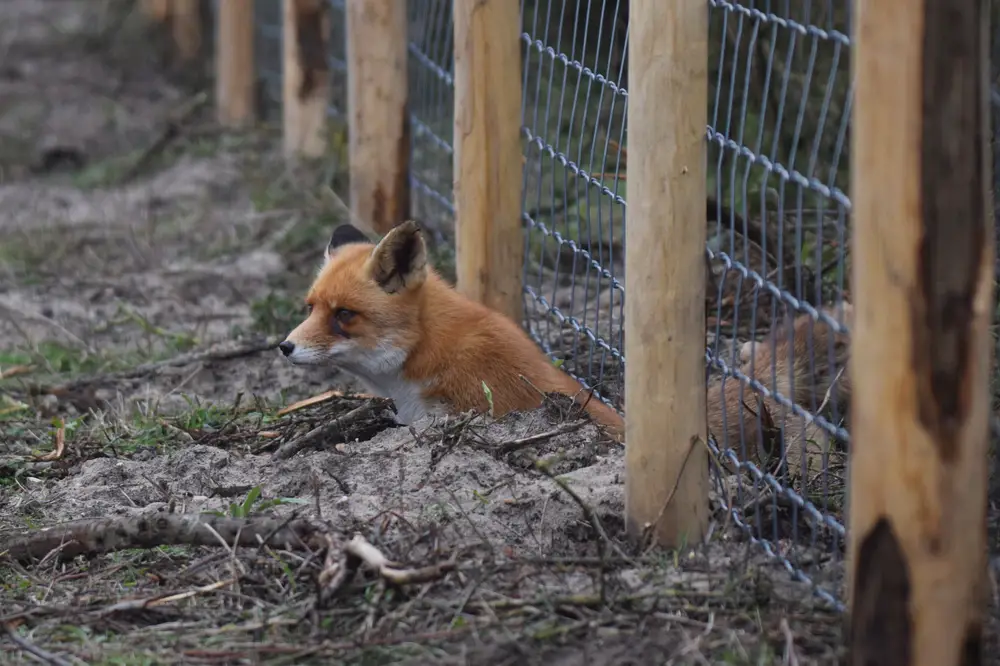There’s no need to choose your favorite - you can have both cows and chickens living together on your farm! Ruminants and poultry have a harmonious and mutually beneficial relationship that offers farmers many advantages.
My grandparents raised sheep, cows, pigs, and chickens together successfully for several decades. The larger animals never seemed bothered by the presence of chickens in their pasture, though my 7-year-old self will never forget being chased out of the pasture by a large dairy cow named Madge!
There are so many benefits to having multiple animals on a farm, not the least of which is the farm-fresh milk and fresh eggs gracing the breakfast table each morning.
For my grandparents, it was a question of profitability – they found that having a multi-species farm saved on costs while providing more value as the same land was capable of supporting different species.
Raising Chickens With Cows
Chickens and cows can be safely raised together and can share the same pasture. The first order of business is to ensure adequate fencing for both.
Fencing for cows can be fairly minimal, but most cow fencing won’t work for keeping chickens contained. Many farmers will use netting over the existing cow fence, while others prefer to have a chicken-wire fence reinforced with wood beams.

Once your fence is ready to go, you can allow your chickens out into the cow pasture.
It will be obvious that the chickens don’t mind being around cows, and cows don’t seem to mind the little birds at their feet.
What you may not immediately see is the extraordinary effect that is taking place on the land itself.
Chickens scratch up cowpies and eat the maggots and worms inside while spreading the cow manure over the grass more evenly. This allows the manure to break down, which helps the grass to recover faster.
Simultaneously, there are fewer flies to aggravate the cows because the chickens have eaten the maggots. There are also fewer gastrointestinal worms because the chickens have eaten them, meaning the lifecycle of these parasites is permanently interrupted.
Having both cows and chickens makes perfect sense because they help one another and they help the land itself.
Raising Chickens With Other Farm Animals
Chickens can get along well with many other grass-fed species including goats, pigs, and sheep. They also can get along with other types of poultry including ducks, geese, and turkeys.
Keeping multiple types of poultry is a great idea. Chickens and ducks will both eat parasites and bugs, but ducks will eat mosquitos and other bugs drawn to water, while chickens will eat the bugs in the grass.
Just as chickens and cows benefit from one another, the same holds true of ruminants and any kind of poultry. For example, chickens and pigs will also get along just fine.
Chickens are more than happy to clean up spilled grain from slovenly pigs, and the chickens will eat maggots and other pests that may be present in the pig pen.
A common misconception is that pigs will eat chickens, especially baby chicks, but they are unlikely to hunt birds when they have an all-day free buffet available.
Of course, there are just a few rules when placing different species together to ensure the animals are all happy and thriving.
- Choose animals that don’t have the same parasites. For example, goats and sheep share parasites so it may not be a good idea to keep them together in the same area.
- It is best to pick animals that prefer different types of food so they don’t compete for the same resources. A great combination is cows and goats because goats eat the roughage that cows avoid.
- Fencing needs to be multi-purpose if keeping different animals together. For example, if you are keeping chickens and cows, you may need to add netting to the fence to keep the chickens contained.
- Baby animals that are recently hatched or born should be kept separate from their adult counterparts because accidents can happen. Cows can weigh thousands of pounds and can accidentally injure or kill a baby chick who may not be coordinated enough to move out of the way.
- Nesting animals will need their own space, away from other animals. Egg-laying chickens will require adequate space in the chicken coop and nesting boxes for privacy to lay chicken eggs.
- Broilers should be kept separate from other poultry. The reason for this is broiler feed is high in protein and other birds are opportunists who would love to eat it. Less food for broilers means they gain less weight and this is costly for farmers.
- Ducks cannot share water with other animals. Ducks are incredibly messy when drinking water and will swim and poop in the water. Always ensure your other animals have their own water sources away from ducks.
Positive Impacts Of Raising Chickens and Cows Together
A major factor in cattle operations is the cost of fertilizer. Chicken manure makes excellent fertilizer, which regenerates soil for cattle to graze on.
The practice of rotational grazing can be made more functional by having cows and chickens on the same land as replenishment happens organically.
The pasture supports both cows and chickens. Most chicken breeds will appreciate the opportunity to free range and do an excellent job pecking at bugs and larvae which ultimately keeps these pests away from cows, making them healthier in the process.
A cow and a chicken will not compete for food and do not share parasites. Cows primarily want grass and while chickens may eat some especially tender grass, they much prefer the critters which the cows aren’t interested in.
The presence of cows is also beneficial for pastured chickens as cows will deter chicken predators who may be looking for an easy meal. Chicken eggs will also be tastier if they are allowed to graze on pasture that has cows.

So ultimately, keeping cows and chickens together is truly a winning combination for chickens, cows, and farmers.
